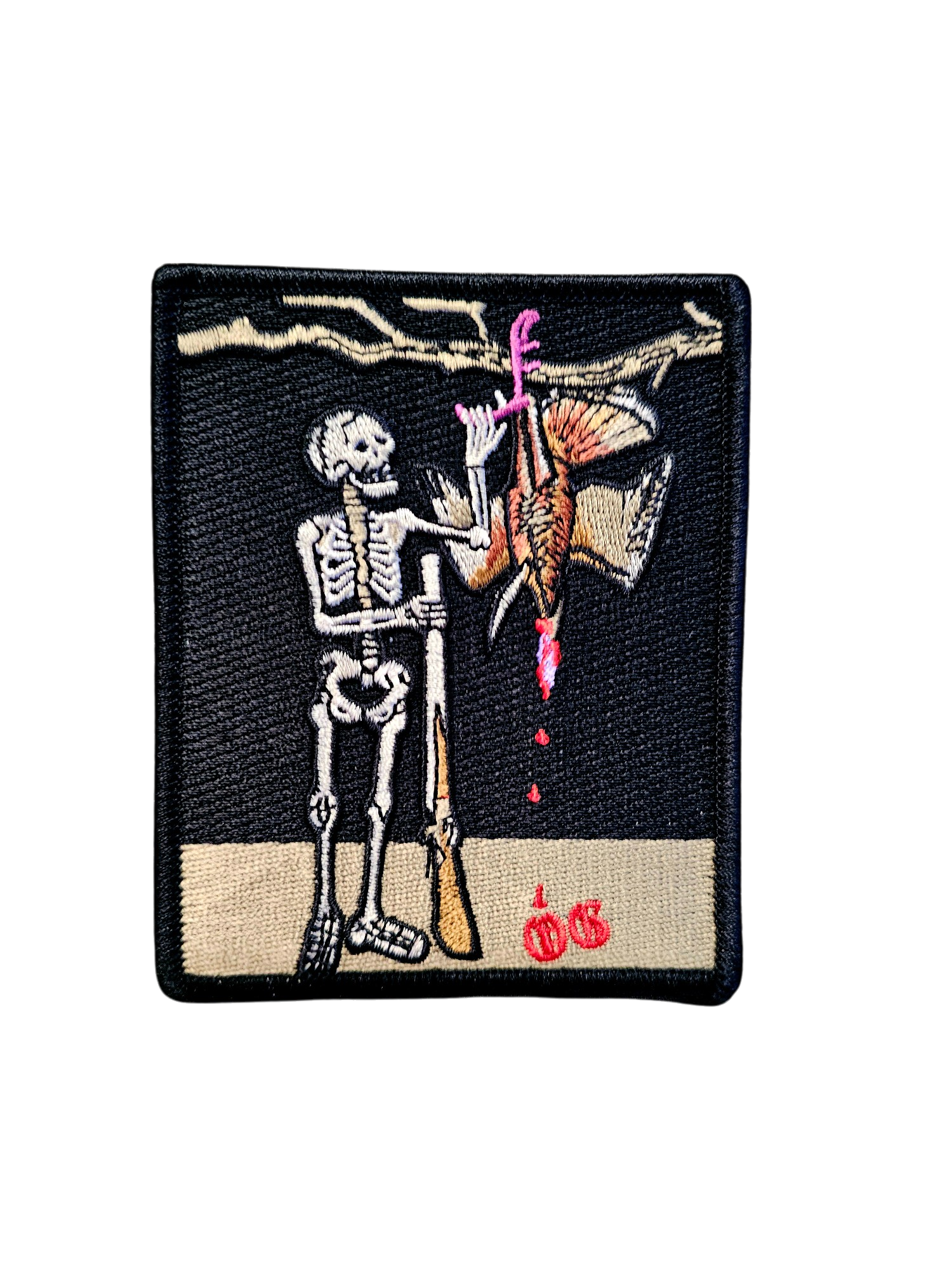        |
Early bird gets the Turkey-calling them from the roostStarted by upnorth, April 27, 2017, 11:06:30 PM Previous topic - Next topic
User actions
|
        |
Early bird gets the Turkey-calling them from the roostStarted by upnorth, April 27, 2017, 11:06:30 PM Previous topic - Next topic
User actions
|